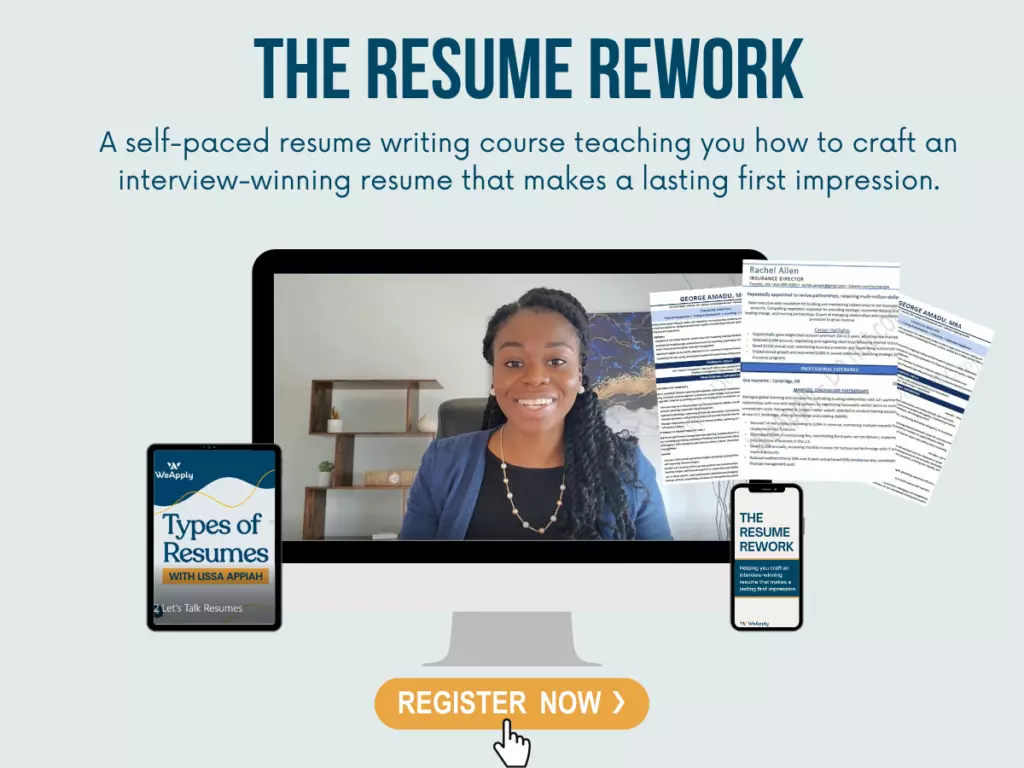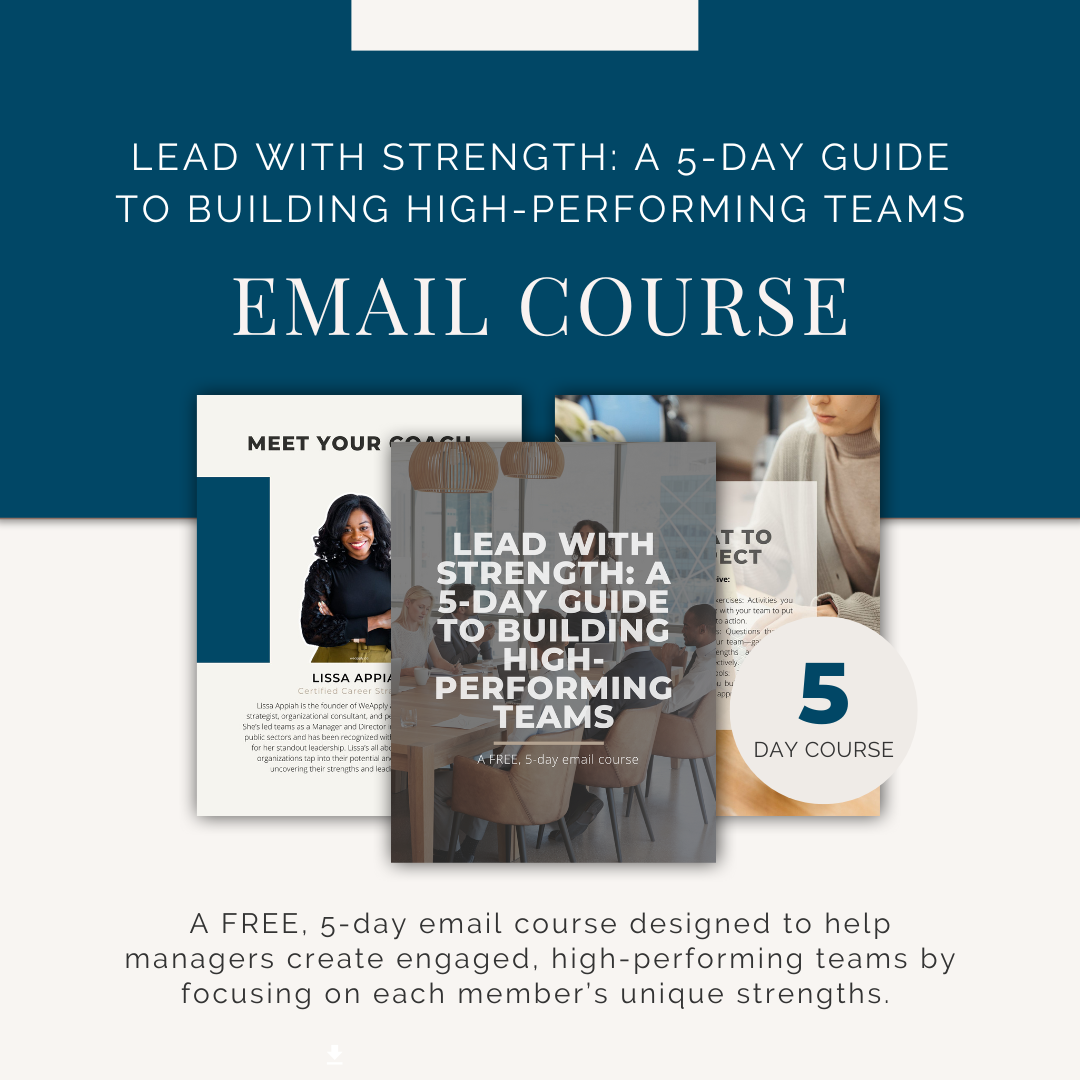Your resume is a marketing document, not an autobiography. One of the basic principles of marketing is understanding your market’s buying motivators. This involves understanding what will drive your customer to buy. This is applicable when writing your resume. You need to know the potential employer’s buying motivators. Have a good understanding of what will drive them to contact you for an interview. Learn how to write resume accomplishments that will get you noticed for opportunities.
Create Story Vignettes
Before you begin drafting your resume, it’s essential to take a step back and consider what information you be including.
Creating story vignettes can help you with this process. Set out an hour or 2 in your day. Take a piece of paper or a sticky note. Write down 3 to 4 memorable stories for each role you’ve held. Write one story on each sticky note or piece of paper.
Here are some questions that can help:
– What am I most proud of doing in this role?
– When was the time I felt the most fulfilled in this role?
– What kind of work do I enjoy the most?
Once you’ve written down your stories, look at the stories and write down what skills and competencies that stand out the most or are repeated in several stories.
Doing this will help you uncover the top skills you have to offer. Your goal now is to align the value you have to offer with what the employer is looking for.
Here are some examples of stories:
- This can be time where you save money for the company
- A time when you took initiative
- A story when you lead a transition.
Creating your resume accomplishments statements
Every good story has a beginning, a middle and an end. Based on the stories you have written down, you are now going to now break them down into Situation (Beginning), Action (Middle) and Result (End).
- Situation – Where you explain the situation and get the listener’s interest
- Action – You provide more information on what you were dealing with or what you did.
- Result – Tie it all together. You talk about the result, and it’s what people usually remember best about any story.
Depending on the story, the order can change. You can sometimes tell the end before you explain the beginning.
Although it may feel like a daunting exercise, you will be able to use this strategy when responding to behavioural and situational interview questions.
Conclusion
The mistake I often see professionals make in their resumes is they provide a laundry list of responsibilities. What an employer is more interested in is measurable resume accomplishments. To help you write your resume, here is a Free Resume Review Guide to ensure your resume meets today’s standards.

The Resume ReWork is a self-paced course that teaches you exactly how to craft an interview-winning resume and make a lasting first impression.
You will learn how to align your relevant skills and experience with the job poster, communicate your career story, format your resume the right way and more…
Sign up today!


